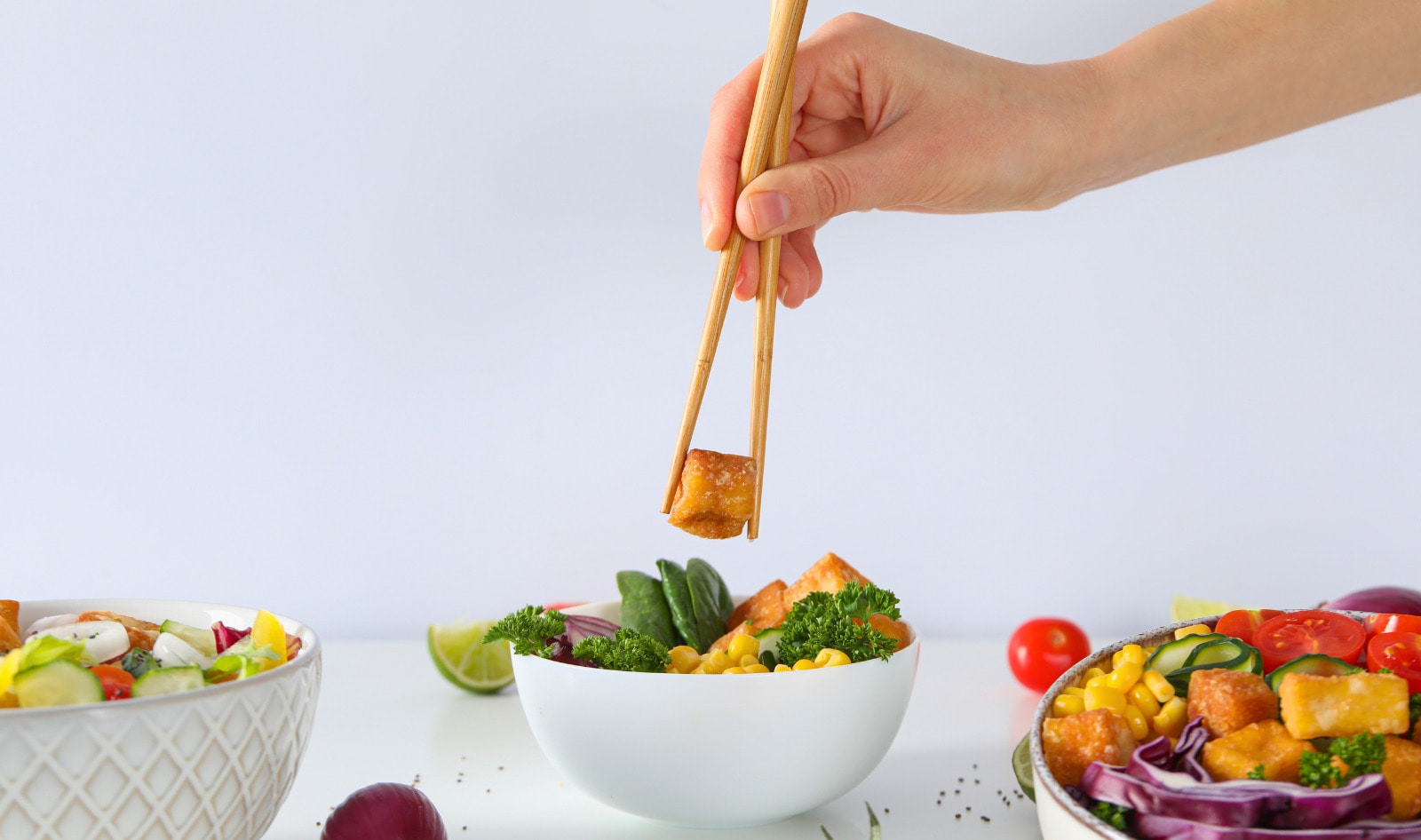
Protein is one of the most closely watched nutrients today. Whether the goal is building muscle, keeping energy levels steady, or simply choosing foods that feel satisfying without piling on extra calories, protein is often at the center of the conversation. And while meat has long dominated that discussion, more people are asking how plant-based sources measure up. Two options come up again and again: tofu and beans.

At first glance, they might look like equals. Both are affordable, widely available, and versatile enough to anchor a meal. Yet their nutritional profiles reveal clear differences. Tofu, made from soybeans, is prized for its density of protein and status as a “complete” plant protein. Beans, on the other hand, bring a moderate amount of protein along with fiber, complex carbohydrates, and a spectrum of minerals that tofu cannot provide. The comparison isn’t just about grams of protein, though. It’s also about how those proteins are digested, what comes with them, and how they fit into the bigger picture of health and sustainability.
That raises the key question: when you’re scanning nutrition labels or planning meals, which one actually gives you the lean protein advantage: tofu or beans?
Protein content and quality
Tofu delivers a concentrated dose of protein in a relatively small serving size. According to the Cleveland Clinic, a 100-gram serving contains about 10 grams of protein, with all nine essential amino acids present. That completeness puts tofu in rare company among plant foods. Soy protein, which forms the basis of tofu, consistently earns high marks on the Protein Digestibility Corrected Amino Acid Score (PDCAAS)—a system used to measure how well the body can use a given protein. In a 2022 review published in Nutrients, soy protein’s digestibility scores were found to rival those of animal proteins such as eggs and dairy.
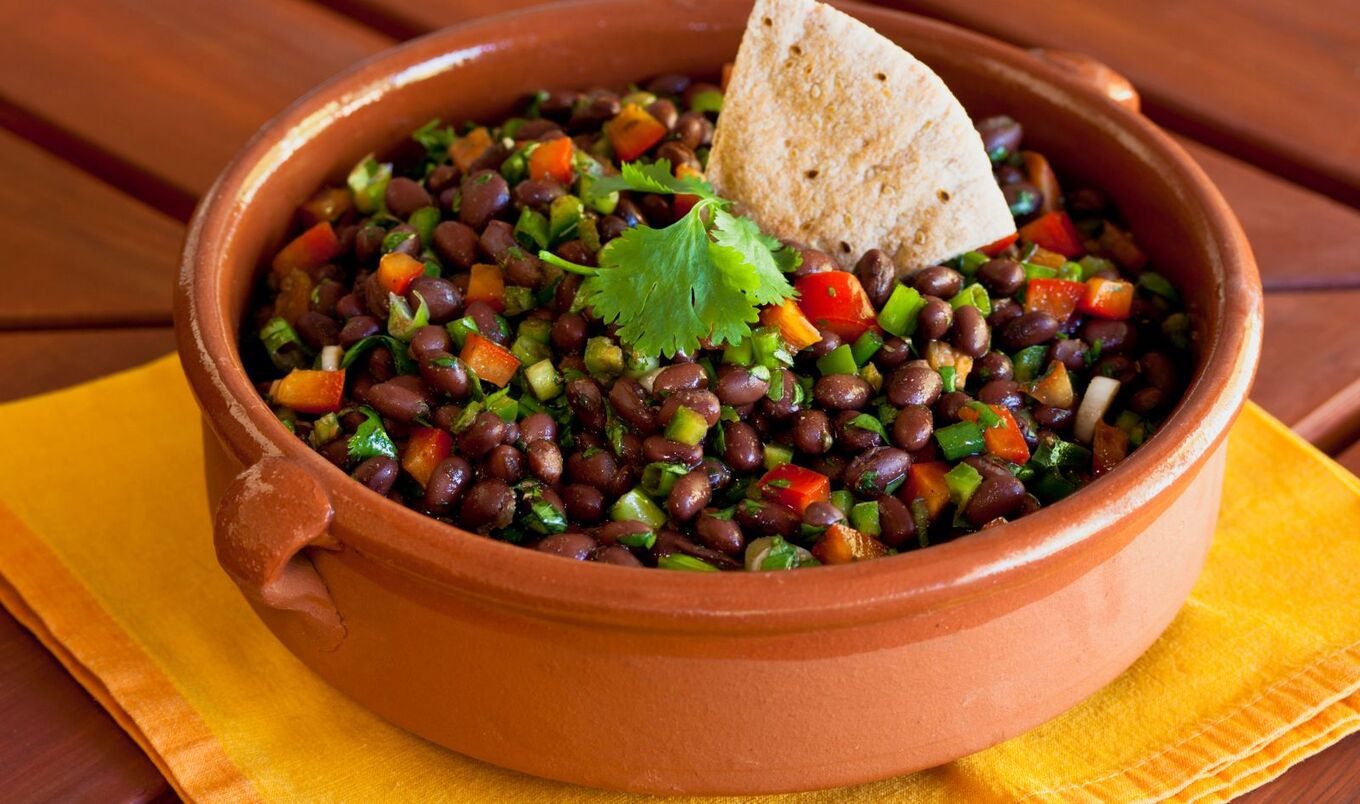 Getty
Getty
Beans also contribute meaningful protein, but the concentration is lower. A half-cup of cooked beans provides about eight grams of protein. However, beans do not provide the full suite of essential amino acids in adequate amounts. They are particularly low in methionine and cysteine, though they are rich in lysine—a complement to grains such as rice, which tend to lack lysine. As dietitians often note, pairing beans with grains in meals creates a more complete amino acid profile, even if each on its own falls short.
This is where the decision point starts to emerge: tofu is more protein-dense and nearly complete on its own, while beans require more volume—or pairing with other foods—to reach the same quality of protein.
Fiber, minerals, and broader nutrition
Where beans truly shine is in their fiber content. A single cup of cooked black beans contains more than 15 grams of dietary fiber, about half the daily recommended intake, according to Health. That fiber supports digestion, stabilizes blood sugar, and helps maintain cholesterol levels. Fiber also promotes satiety, meaning bean-based meals can feel more filling even when the total calories are modest.
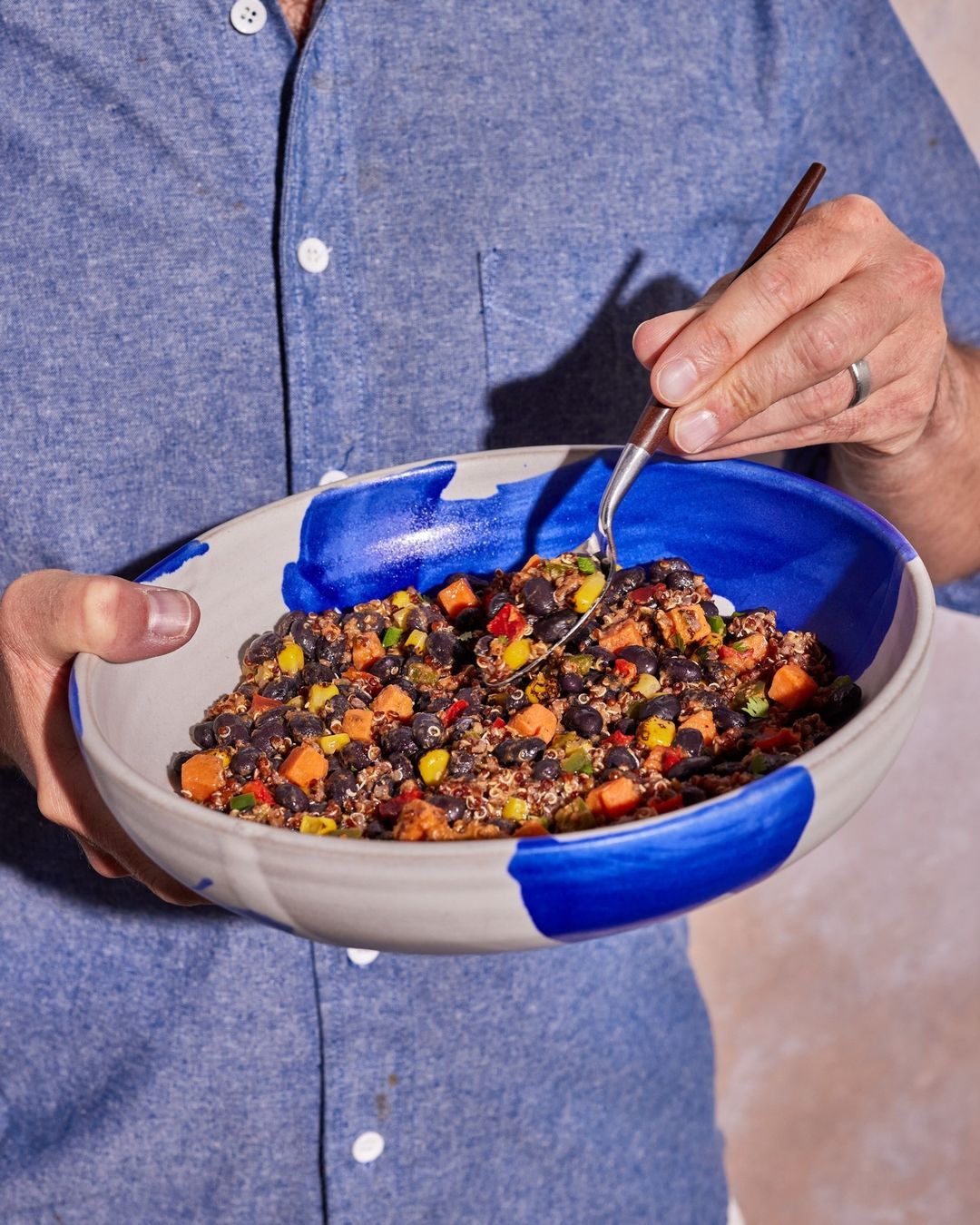 Blue Zones Kitchen
Blue Zones Kitchen
Tofu, by contrast, contains little to no fiber because the fibrous parts of the soybean are removed during processing. Instead, tofu brings other nutrients to the table. Calcium is significant when calcium sulfate is used as a coagulant in production, and iron and manganese are also present in notable amounts. Soy isoflavones—plant compounds found in tofu—have been linked to cardiovascular benefits. Research highlighted by the American Heart Association found that people who ate at least one serving of tofu per week had an 18 percent lower risk of developing heart disease compared to those who rarely ate it.
Beans also contain important minerals, including potassium, magnesium, and folate. They’re staples in every Blue Zones—the five global hot spots with the highest rates of centenarians.
Calories, carbs, and fat
One of the clearest contrasts between tofu and beans is macronutrient balance. Tofu is relatively lean: per 100 grams, it provides about 10 grams of protein, around five grams of fat, and very little carbohydrates. That makes it a favored choice for those watching carbohydrate intake or following higher-protein eating plans.
Beans, on the other hand, supply protein alongside a much larger load of carbohydrates—often over 40 grams per cup. But these are complex carbs, rich in fiber, and they digest more slowly than refined carbohydrates. That slower digestion helps regulate blood sugar and prolongs feelings of fullness.
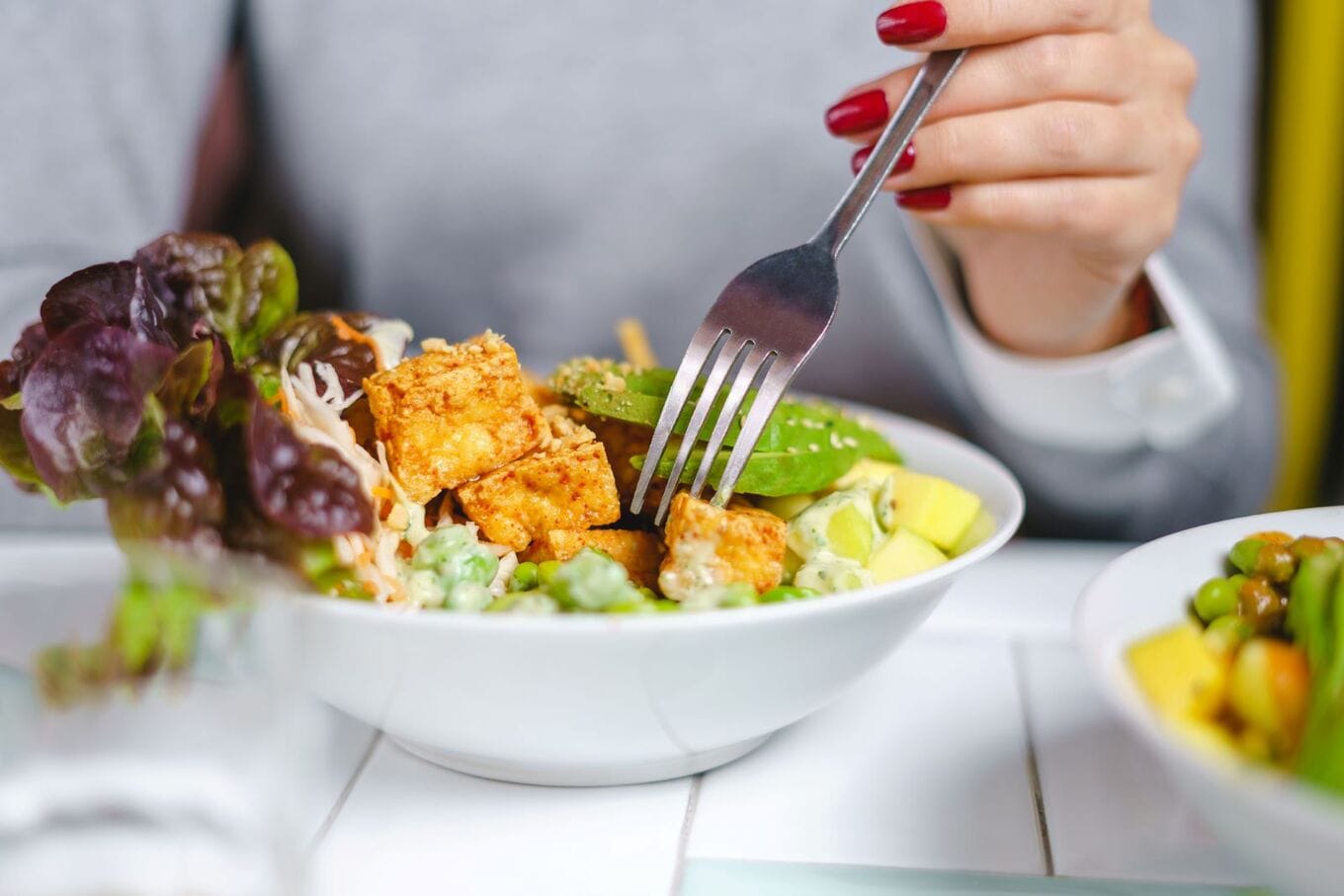 Getty
Getty
“Beans are in a unique category because they are a protein source, but they are also complex carbohydrates,” says Mopelola Adeyemo, MD, a clinical nutritionist at UCLA Health. “The combination fills you up and keeps you feeling fuller longer. Studies have shown that people who regularly consume beans have lower body weight and smaller waist circumference than those who don’t,” Adeyemo states.
The takeaway is that tofu functions as a compact, low-carb protein source, while beans deliver more balanced nutrition with an emphasis on fiber and steady energy.
Digestibility and absorption
Protein quality isn’t only about what’s present—it’s about how much your body can use. Soy protein has a high digestibility score, meaning the body absorbs and utilizes it efficiently. This is one reason soy is often included in clinical nutrition products and food fortification programs.
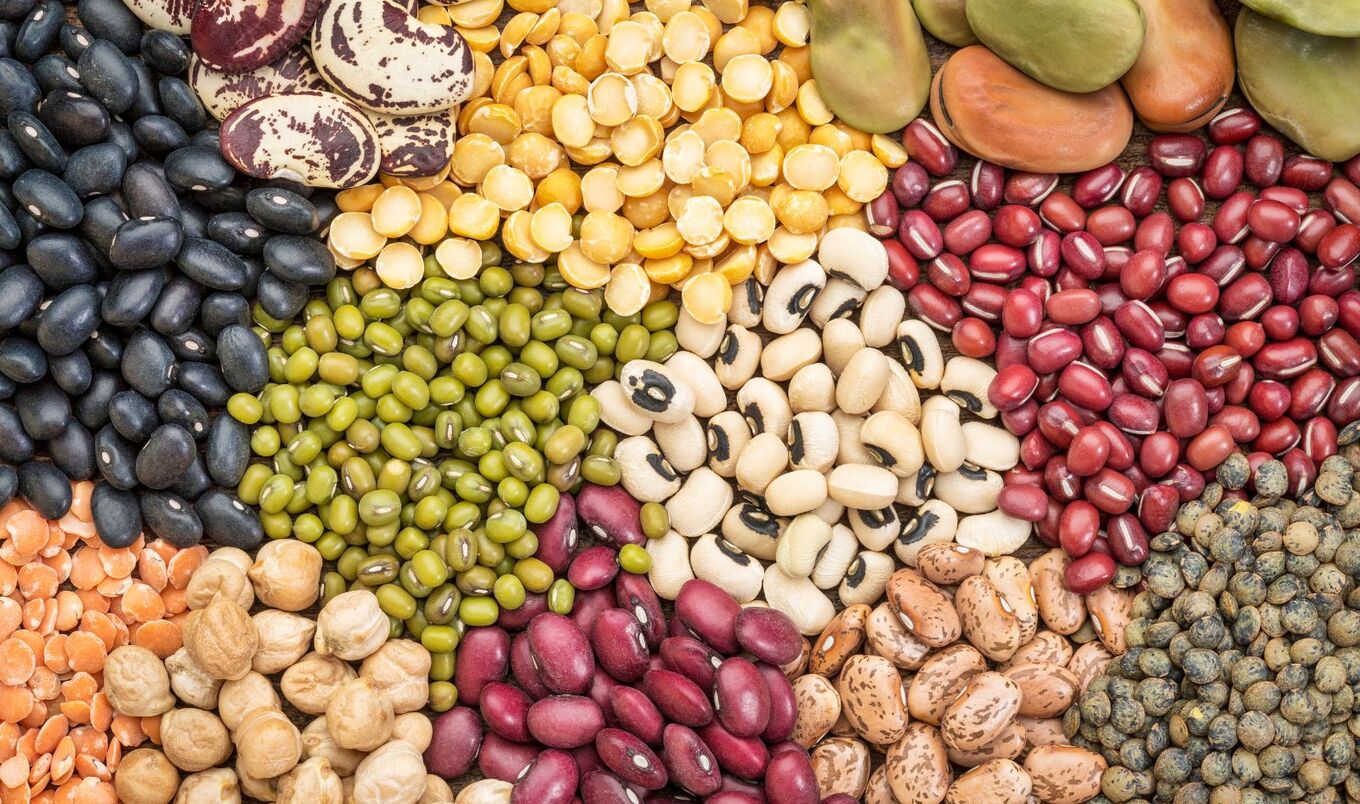 Getty
Getty
Beans are slightly more complicated. They contain anti-nutrients like phytates and lectins, which can reduce mineral absorption and lower protein bioavailability. Traditional preparation methods—such as soaking, sprouting, and thorough cooking—significantly reduce these compounds. A 2019 review in Nutrients confirmed that while beans provide valuable protein, digestibility generally remains lower compared to soy.
Sustainability and food systems
For many consumers, environmental impact is part of the equation. Both beans and tofu have far lower greenhouse gas emissions than animal proteins, but there are differences. A 2022 study in Nature Food estimated that beans produce around 0.3 kilograms of CO2 per 100 grams of protein, while tofu produces closer to 0.7 kilograms. Both figures are dramatically lower than beef, which averages nearly 49 kilograms.
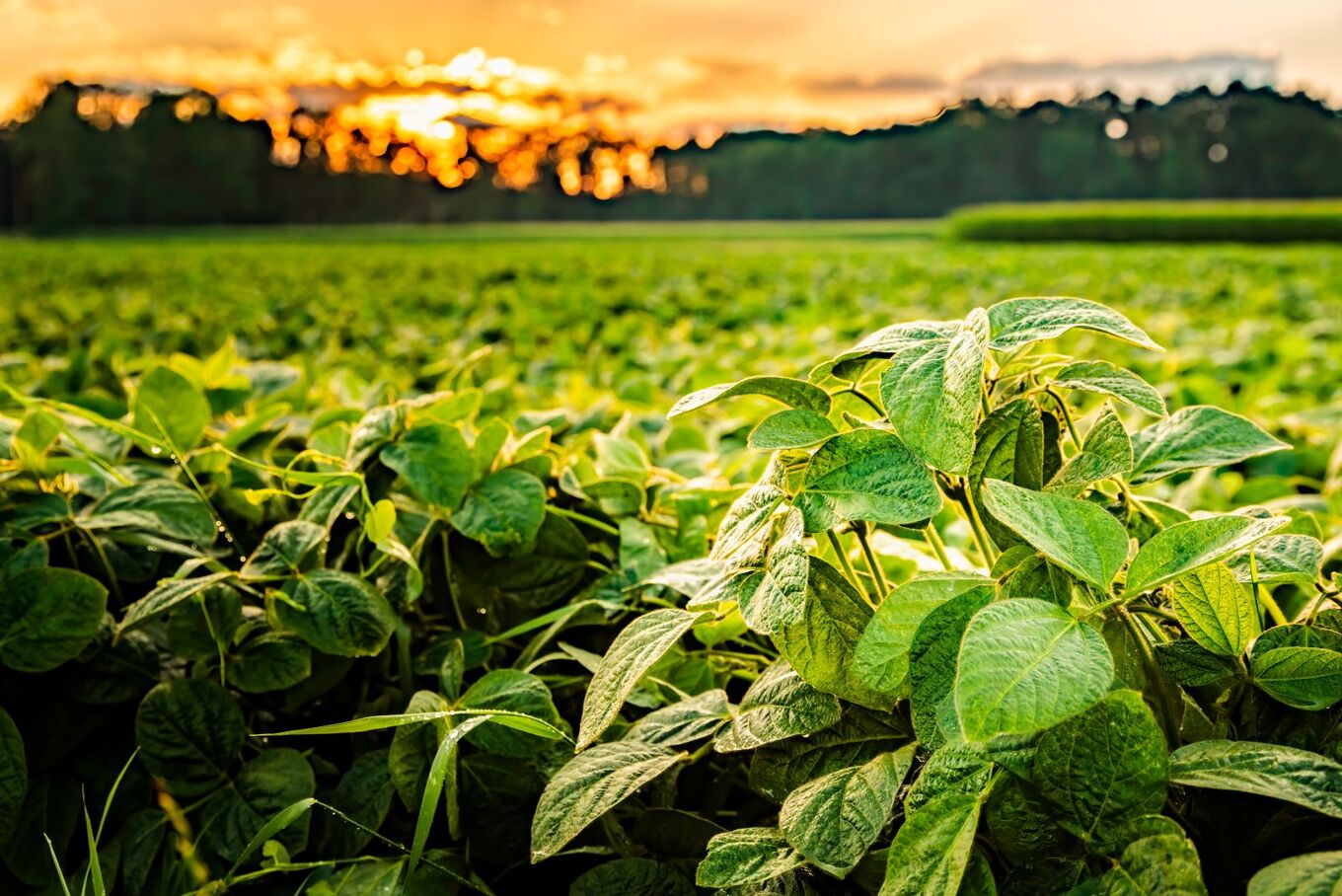 Adobe
Adobe
Beans often edge out tofu in sustainability metrics because they require less processing, can be grown in diverse climates, and enrich the soil by fixing nitrogen. Tofu production, while efficient compared to animal farming, depends on soy monocultures that have been criticized for environmental impacts—though it’s important to note that most soy grown globally is destined for animal feed, not human food.
The verdict
If the goal is lean, concentrated protein with fewer carbohydrates, tofu has the edge. Soy protein in tofu is both dense and high-quality, delivering all nine essential amino acids in a small serving. As Harvard T.H. Chan’s Qi Sun puts it, “It’s a very nutritious food,” and for the vast majority of people, “it should be reasonable to incorporate tofu in their daily diet without any issues.”
Beans win on fiber, mineral diversity, and lasting fullness, though. They’re staples in nearly every diet on the planet while tofu, although extremely versatile, originated in Asia and is only recently finding its way into global dishes.
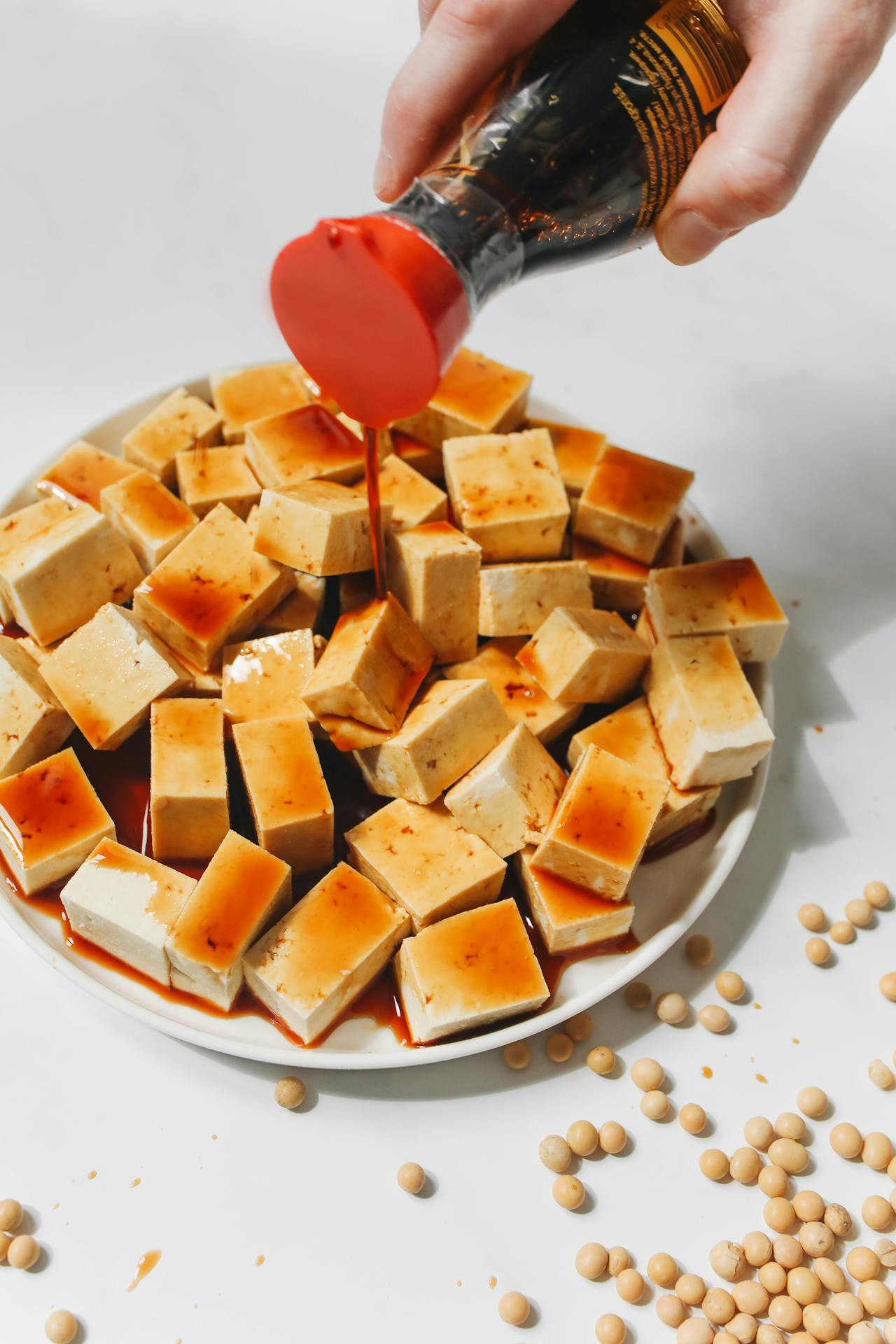
Tofu and beans also differ in how they integrate into everyday cooking. Tofu is a blank canvas—it absorbs marinades, crisps up when pan-fried, and blends into smoothies or desserts. That adaptability makes it a favorite for people who want protein without overpowering flavor. Beans, however, bring earthiness and texture, with hundreds of varieties offering distinct tastes. Black beans anchor Latin American dishes, chickpeas are indispensable in Mediterranean cuisine, and lentils are staples across South Asia.
Practically speaking, you can’t go wrong with either for a lean, plant-based protein. Choose tofu when you want more protein per bite and lower carbs; lean on beans when you want fiber-rich satiety and a broader nutrient package. For most eaters, the smartest move is not either/or but both—use tofu to boost protein density in a meal, and use beans to increase fiber, minerals, and staying power.
This post was originally published on VegNews.com.